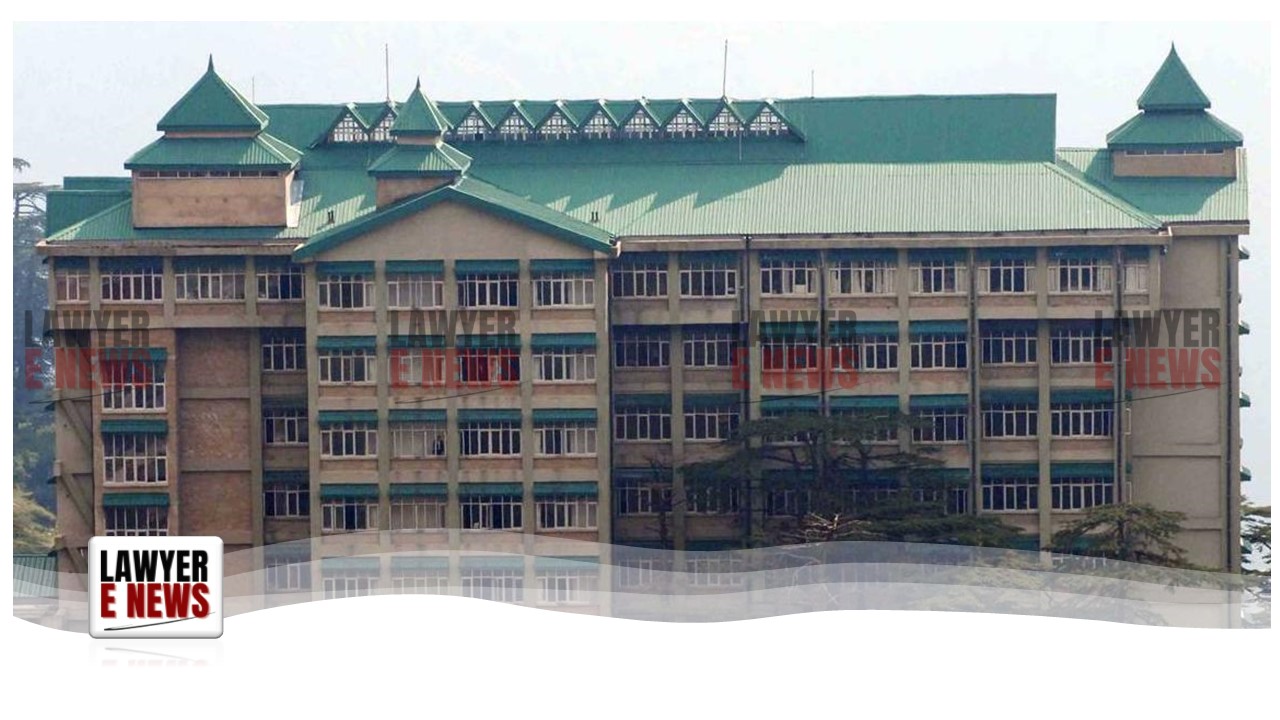-
by Admin
15 February 2026 5:35 AM



Himachal Pradesh High Court, in the case of Anil Kumar vs. Mamta Devi & Anr., remanded a maintenance order issued by the Additional Principal Judge, Family Court, Hamirpur, for reassessment. The High Court emphasized the necessity of adhering to the Supreme Court's guidelines laid down in Rajnesh vs. Neha regarding the submission of affidavits disclosing assets and liabilities in maintenance proceedings.
The petitioner, Anil Kumar, and respondent no. 1, Mamta Devi, were married on May 22, 2011. They have a child, respondent no. 2. Following marital disputes, Mamta Devi filed a petition under the Protection of Women from Domestic Violence Act, resulting in maintenance of ₹2,500 per month each for herself and the child, along with ₹20,000 as compensation. Additionally, she filed for maintenance under Section 125 of the CrPC, where the Family Court granted ₹5,000 per month to her and ₹3,000 to their child.
Anil Kumar challenged this order, claiming that he was unemployed and that the maintenance awarded was harsh and without legal basis. He argued that the court did not consider his financial condition or the fact that Mamta Devi was employed.
The central legal issue was whether the order granting maintenance could be challenged through a revision petition. The petitioner argued that the Trial Court erred in awarding maintenance without evidence of his income. The respondent contended that the order was interlocutory and thus not subject to revision under Section 19(4) of the Family Courts Act.
The High Court referred to multiple judgments, including Ashu Jain vs. State of U.P. and Rajendra Kumar vs. Smt. Rukhmani Bisen, which established that an order of maintenance is not interlocutory and is subject to revision. The court underscored that maintenance orders have significant implications on a person’s rights and therefore cannot be treated as mere interlocutory orders.
The High Court pointed out that the Family Court had not properly examined the financial status of the petitioner. The petitioner claimed an income of ₹10,000 per month, while the respondent alleged he earned ₹50,000. Despite this, the Family Court awarded maintenance without verifying these claims through affidavits of assets and income, as mandated by the Supreme Court in Rajnesh vs. Neha.
Justice Rakesh Kainthla emphasized that the directions in Rajnesh vs. Neha are mandatory. Both parties must file affidavits of disclosure of assets and liabilities in maintenance proceedings. The court observed:
"The directions being mandatory, the Courts are bound to both adhere to them as well as implement them. Any dereliction in this regard by the Courts concerned does violence to the judgment passed by the Hon'ble Supreme Court both in letter as well as spirit."
The Himachal Pradesh High Court set aside the Family Court’s order and remanded the matter back for fresh consideration. The Trial Court was directed to ensure compliance with the Supreme Court’s guidelines by obtaining the affidavits from both parties before deciding the matter anew. The parties are required to appear before the Trial Court on September 30, 2024.
Date of Decision: September 13, 2024
XXX VS XXX
